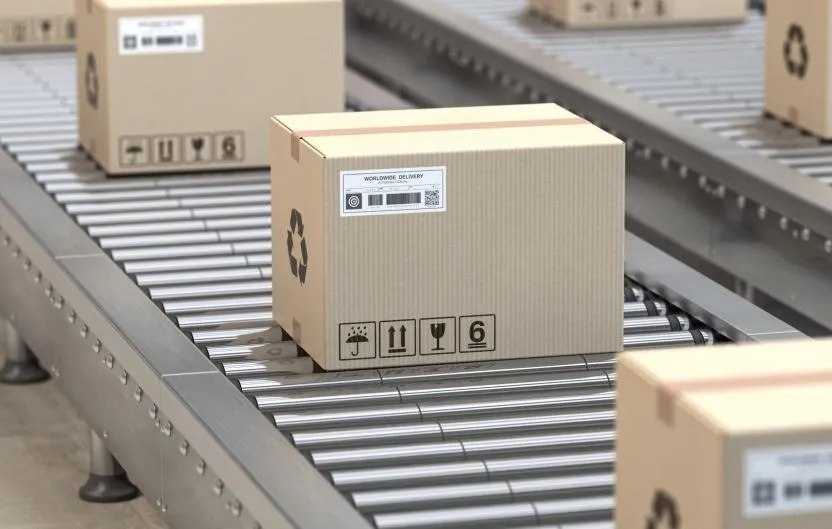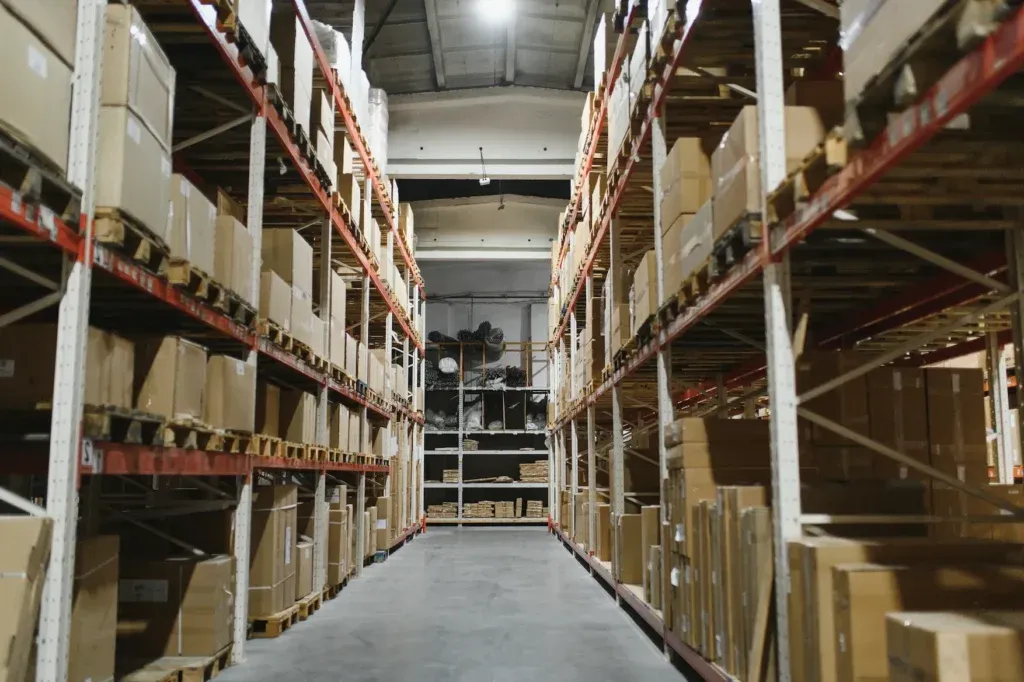
Why do packages get held at customs? It’s common for customers to face situations where their shipment is stuck at customs, which can sometimes even lead to legal action. This is often the case with online scams, where a seller blames a delayed shipment for a package that never arrives, even though the buyer has usually already paid.
Customs procedures are a key part of international shipping, ensuring that all shipments comply with local laws. While having a package held at customs can be frustrating, understanding the reasons behind it and knowing the right steps to resolve the situation can make the process much smoother.
What does it mean when a package is held at customs?
When a package is “held at customs,” it means it has been stopped for further inspection. This can include reviewing documentation, paying customs duties, or assessing the contents of the shipment. This is a standard practice to ensure legal compliance in import and export.
How to check the status of a package at customs
Common reasons packages are held
What to do when a package is held at customs
Follow these steps to resolve the issue quickly:
How long can a package be held at customs?
Processing times can range from a few days to several weeks, depending on the complexity of the case and required documentation.
Can I dispute customs fees?
Yes, but you will need to provide proof of the actual value of the goods or explain why you believe the fees were calculated incorrectly.
What to do if a package is lost at customs
Contact the delivery service and file an investigation request. If the package was insured, you can also claim compensation for the loss.

Customs Duties and Taxes
Customs duties and taxes are calculated based on the value of the goods, the country of origin, and the type of product.
How to pay them:
What to expect:
Fees vary depending on the country’s regulations, so it’s wise to check in advance for potential costs.
Customs Value of Goods
The customs value of goods is the basis for calculating import duties and is determined by the actual price paid or payable for the goods, adjusted for certain elements. If there is no sale, the customs value can be determined using alternative methods such as the value of identical or similar goods, deductive value, or computed value.
Costs included in the customs value cover transport, insurance, and packaging up to the point of entry into the customs territory of the Union. Costs incurred after entry into the Union, purchase commissions, and interest are not included. Correctly determining the customs value ensures accurate duty calculation and fair customs practices.
How to avoid customs issues in advance:
When importing shipments, in addition to customs duties, VAT and special fees may also apply depending on the type and value of the goods. Key information:
Import VAT
VAT is calculated on the total customs value of the goods, including the price of the goods, transport and insurance costs up to the EU border, and customs duties. The standard VAT rate in Croatia is 25%, while reduced rates of 13% or 5% apply to certain products.
Special Fees
Certain types of goods, such as plastic products, electronics, or vehicles, may be subject to special fees (e.g., waste management or environmental fees). These fees are product-specific and regulated by separate laws.
Low-Value Shipments
Shipments up to €22 (until July 1, 2021) were exempt from VAT. Now, VAT applies to all shipments regardless of value. Low-value shipments may benefit from simplified customs procedures.
Delivery and Handling Fees
Carriers often charge additional fees for customs handling, which increases the total cost of the shipment.
Payment of Duties
Duties can be paid upon delivery or in advance, depending on the carrier or agreement with a customs broker. Understanding these charges helps avoid extra costs and delivery delays.
In summary…
Having a package held at customs can be frustrating, but timely action and proper documentation will help you resolve the situation quickly. Follow the tips for preparing shipments and stay informed about customs rules to prevent similar issues in the future.




Mail Boxes Etc./MBE centers operate through independent franchisees under the MBE brand. Through its franchise network, Mail Boxes Etc. provides support services for businesses and individuals. Logistics and shipping services are MBE’s core offerings—facilitated through agreements MBE makes for the benefit of its franchisees with major domestic and international express couriers—along with other graphic and printing services, provided either directly or through agreements with large printing centers. Promotion of services to business and private customers is carried out as part of the business activities of each MBE franchise partner, both inside and outside MBE centers ("farming"). Each franchise partner is contractually obligated to perform such activities. Mail Boxes Etc. and MBE are registered trademarks used with permission from Fortidia – a registered trademark of MBE Worldwide S.p.A – (All rights reserved). Services offered by individual MBE centers may vary by location. The materials available on this website, the information contained herein, and any other relevant data may not be copied, distributed, modified, republished, reproduced, downloaded, or forwarded to third parties in any way without the express prior written consent of Sistema Italia 93 S.r.l. We accept no responsibility for unauthorized use of the materials, information, and/or data available on this website.
MBE Adriatic d.o.o. • Puževa ulica 11, Zagreb • OIB:64386903048 • MB:0479781